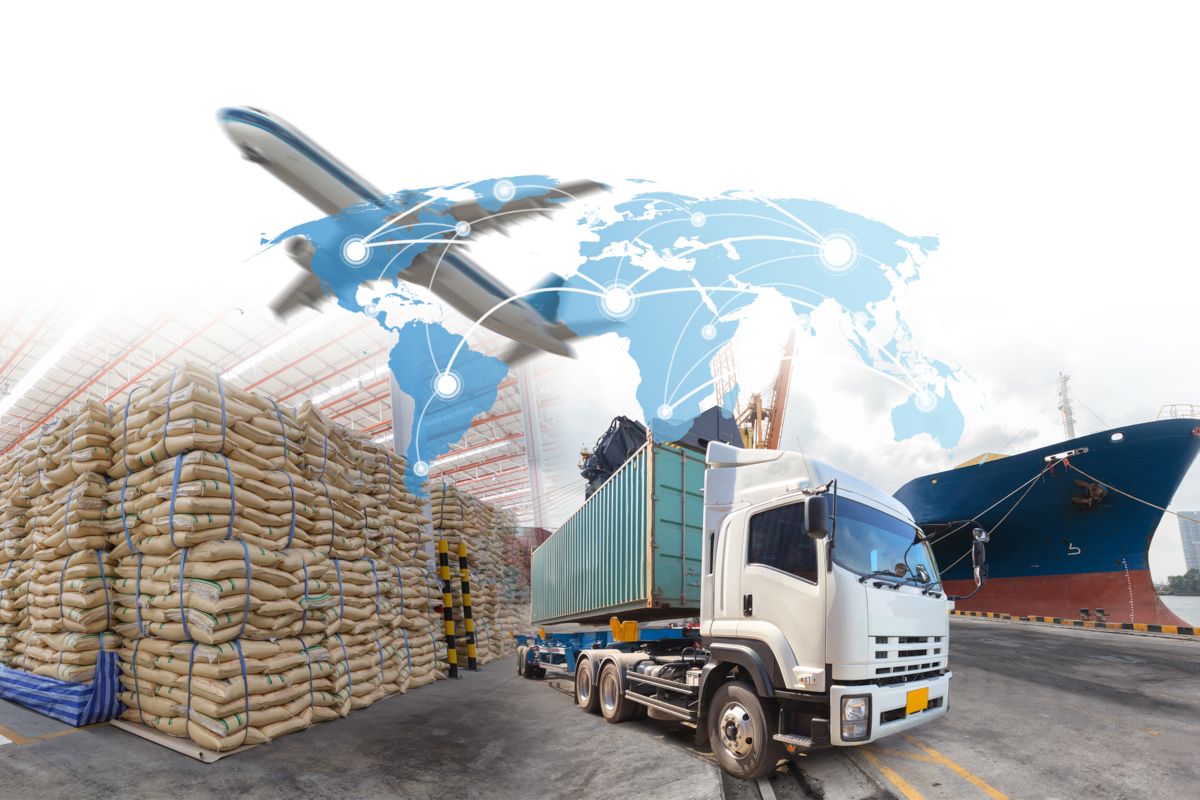Shippers are addressing sustainability at different levels and with different partners, in all transport modes and throughout entire logistics chains in order to meet climate change mitigation goals.
The Vice Chair of the European Shippers’ Council and the Managing Director of evofenedex (Dutch Shippers’ Council) Machiel van der Kuijl presented shippers’ sustainability objectives and main priority areas for the coming years at the Salon Internacional de la Logística y de la Manunención de Barcelona (SIL) on the 27 June 2019.
Dedicated efforts to make logistics chains more sustainable are well underway.
In ROAD transport, more sustainable urban distribution will benefit the carbon emission reduction. Plans to implement zero-emission deliveries in cities are being made more specific and more binding.
Yet, a substantial amount of distribution – and, therefore, emission-related air pollution – occurs outside of cities. While focusing on the current technical possibilities, shippers see long-distance freight transport as a top priority. The use of sustainable biofuels in the heavy road transport industry should also be in the focus.
RAIL freight transport has a lower carbon footprint than road transport. However, shifting to rail requires shippers to radically change their internal process management. Many large companies are in the process of making the switch, but in the small business sector there are still considerable gains to be made. Also, in partnership with rail and related industry stakeholders, shippers are looking into potential sustainability gains through a more efficient use of rolling stock, making rolling stock quieter, and introducing hybrid locomotives.
INLAND waterway shipping is a mode of transport that produces relatively low carbon
emissions. However, this area requires a special attention. In inland shipping, transport industry struggles to recover the investment required to reduce their environmental impact. This can make inland waterway transport less competitive than other modes of transport.
In the MARITIME shipping industry, the greatest sustainability gains can be achieved by
building new vessels with cleaner engines and converting existing vessels. Shippers cooperate with the other stakeholders to identify short-term goals that can be achieved by using vessels powered by biofuel.
AIR transport is not the most sustainable mode of transport for international freight. But there are not many alternatives. To enable greater progress in making air transport more sustainable, the Single European Sky (SES) initiative needs to be implemented. SES will reduce greenhouse gas emissions, costs, flight times and the adverse consequences of strikes by air traffic controllers.
Joining forces is essential to achieve sustainability goals in logistics chains. Numerous studies show that cooperation within the chain improves the performance of the whole chain and delivers better results for the individual links in the chain.
For the complete speech of Machiel van der Kuijl, please see here.

